Stimulate critical thinking with a variety of cognitive activities that have been specifically designed for high school students. These activities are designed to enhance problem-solving and creative thinking skills, all while making learning enjoyable. Let’s dive right in and discover 22 creative cognitive activities that will engage and challenge your high school students!
1. Socratic Seminars
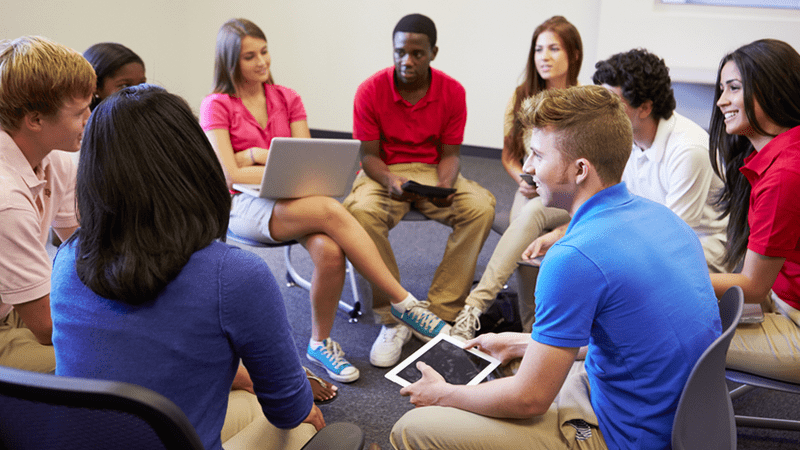
Encourage deep thinking and discussion by conducting Socratic seminars where you engage your students in thoughtful dialogue on a given topic; getting them to share their perspectives and support their arguments with evidence.
Learn More: We Are Teachers
2. Case Studies
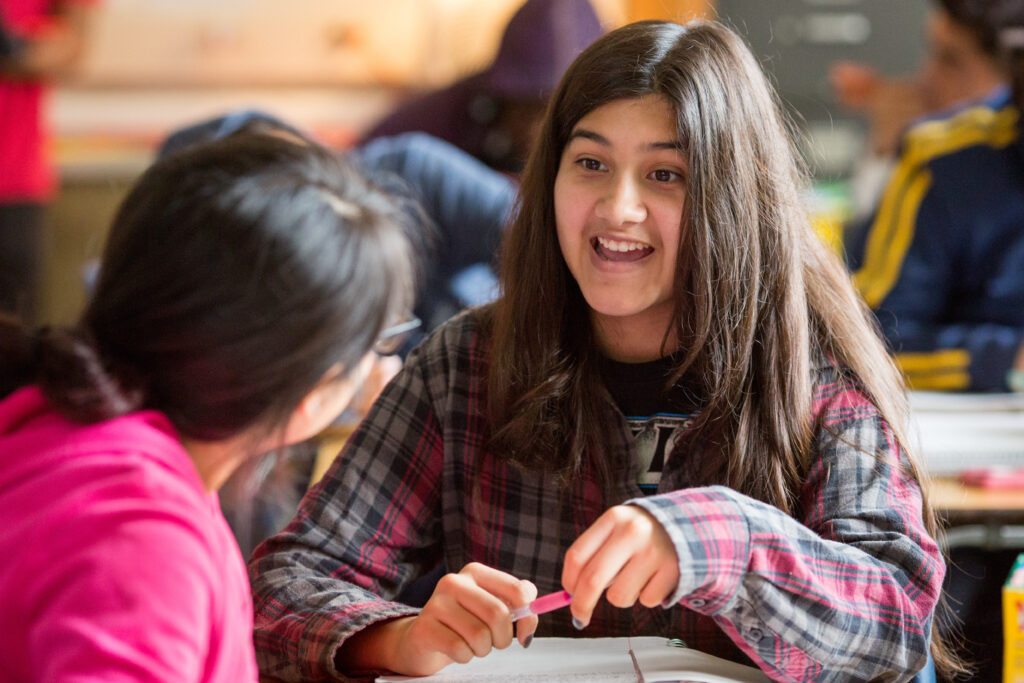
Why not get your learners to analyze real-life scenarios or case studies so they apply their knowledge to solve complex problems, foster critical thinking, and develop strong decision-making skills.
Learn More: CRPE
3. Debate Club
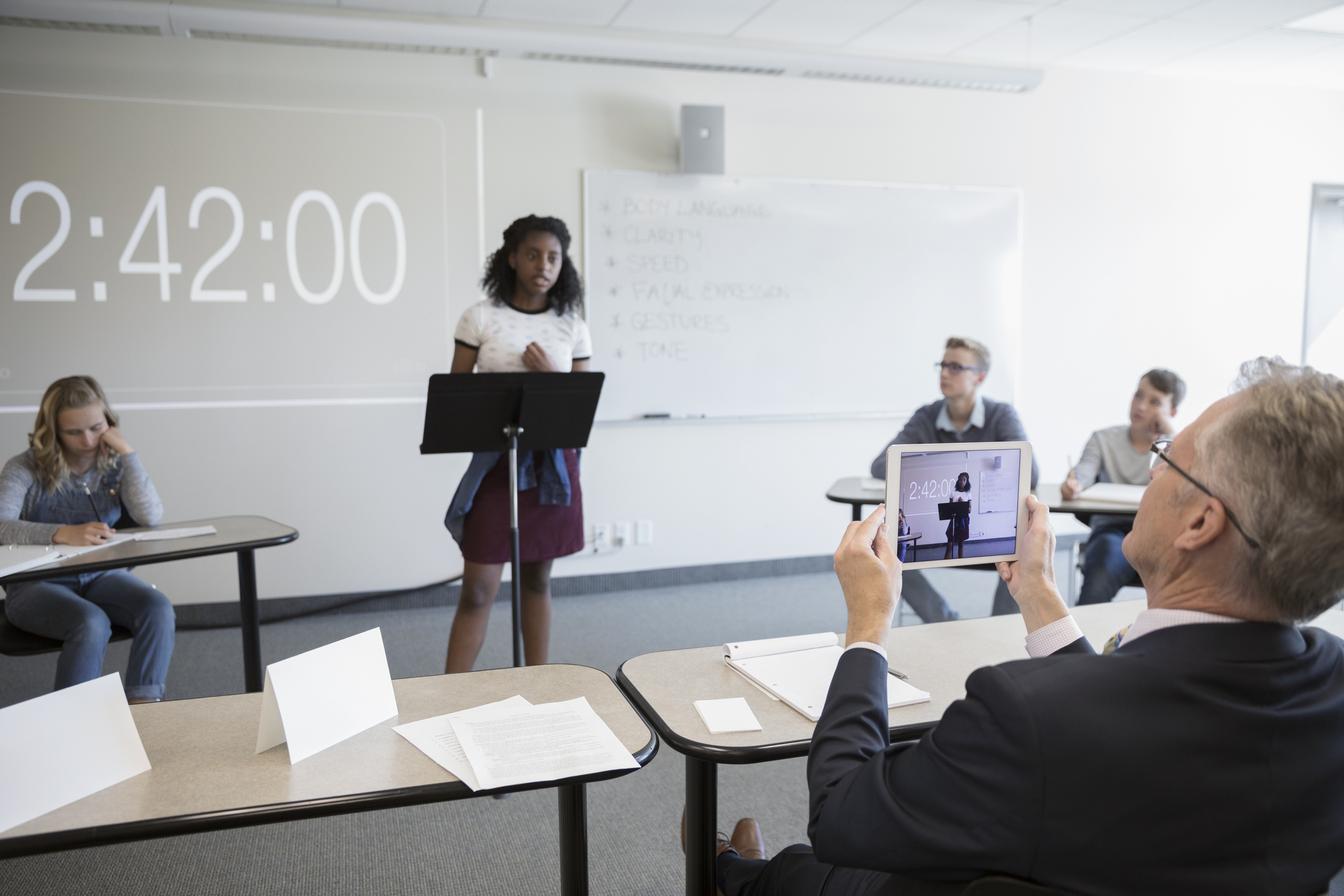
Organize a debate club where students will have opportunities to research and debate various topics; allowing them to develop persuasive arguments, analyze different perspectives, and enhance their communication skills.
Learn More: Love to Know
4. Scientific Investigations
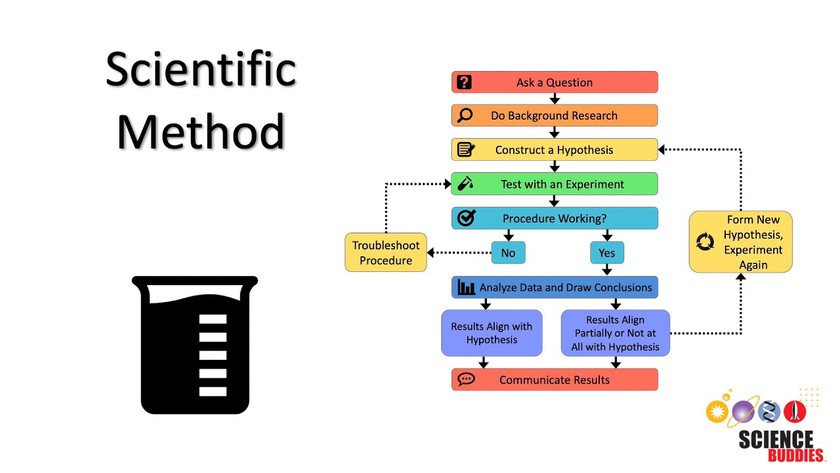
Take a deep dive into the world of scientific discovery with a host of investigations! Engage your students in scientific investigations that require hypothesis formulation, data collection, analysis, and drawing evidence-based conclusions. In doing so, you’ll be promoting critical thinking as well as scientific reasoning!
Learn More: Science Buddies
5. Design Thinking Challenges
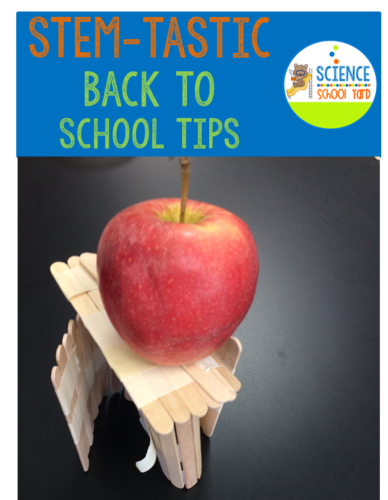
Did someone say STEM challenges? Challenge your students to engage in design thinking challenges that require them to identify problems, brainstorm solutions, and prototype innovative ideas; fostering creative thinking and problem-solving skills.
Learn More: STEM Activities for Kids
6. Current Events Analysis
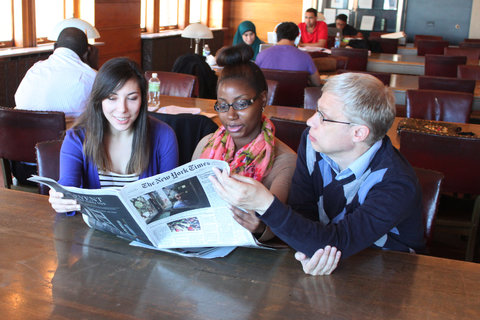
Assign students to analyze and critically evaluate current events articles, encouraging them to examine multiple sources, consider different viewpoints, and form informed opinions.
Learn More: The Learning Network
7. Mind Mapping
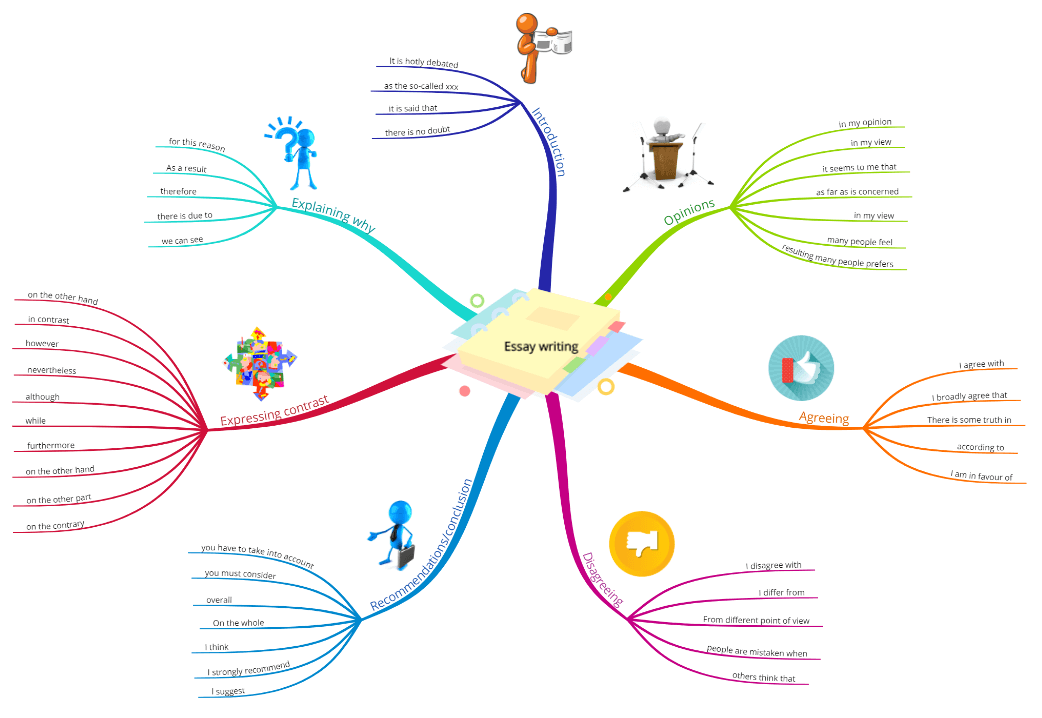
Introduce mind mapping as a visual tool for organizing and connecting ideas, allowing students to enhance their critical thinking, note-taking, and information synthesis skills. This skill is sure to prove helpful when it comes to learning new content and revising like a pro!
Learn More: Ayoa
8. Logic Puzzles
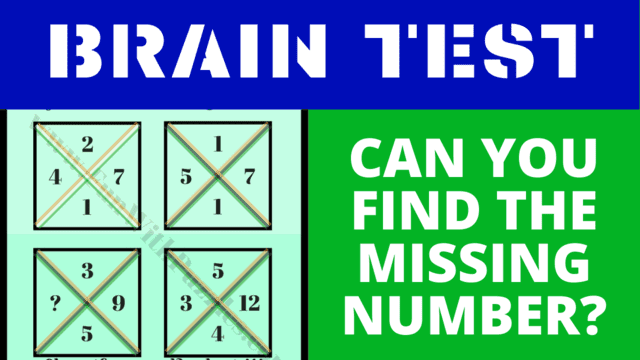
Provide logic puzzles such as Sudoku, crosswords, or jigsaw puzzles that challenge students’ deductive reasoning and problem-solving abilities, encouraging them to think analytically and develop strategies to arrive at solutions.
Learn More: Fun With Puzzles
9. Data Interpretation

Engage students in activities that involve interpreting and analyzing data sets, graphs, and charts, helping them develop essential skills in data analysis and drawing conclusions.
Learn More: Question Pro
10. Research Projects

Assign research projects that require students to conduct independent investigations, analyze data, and present their findings, to the class fostering critical thinking, information literacy, and research skills.
Learn More: College Essay Guy
11. Ethical Dilemma Discussions
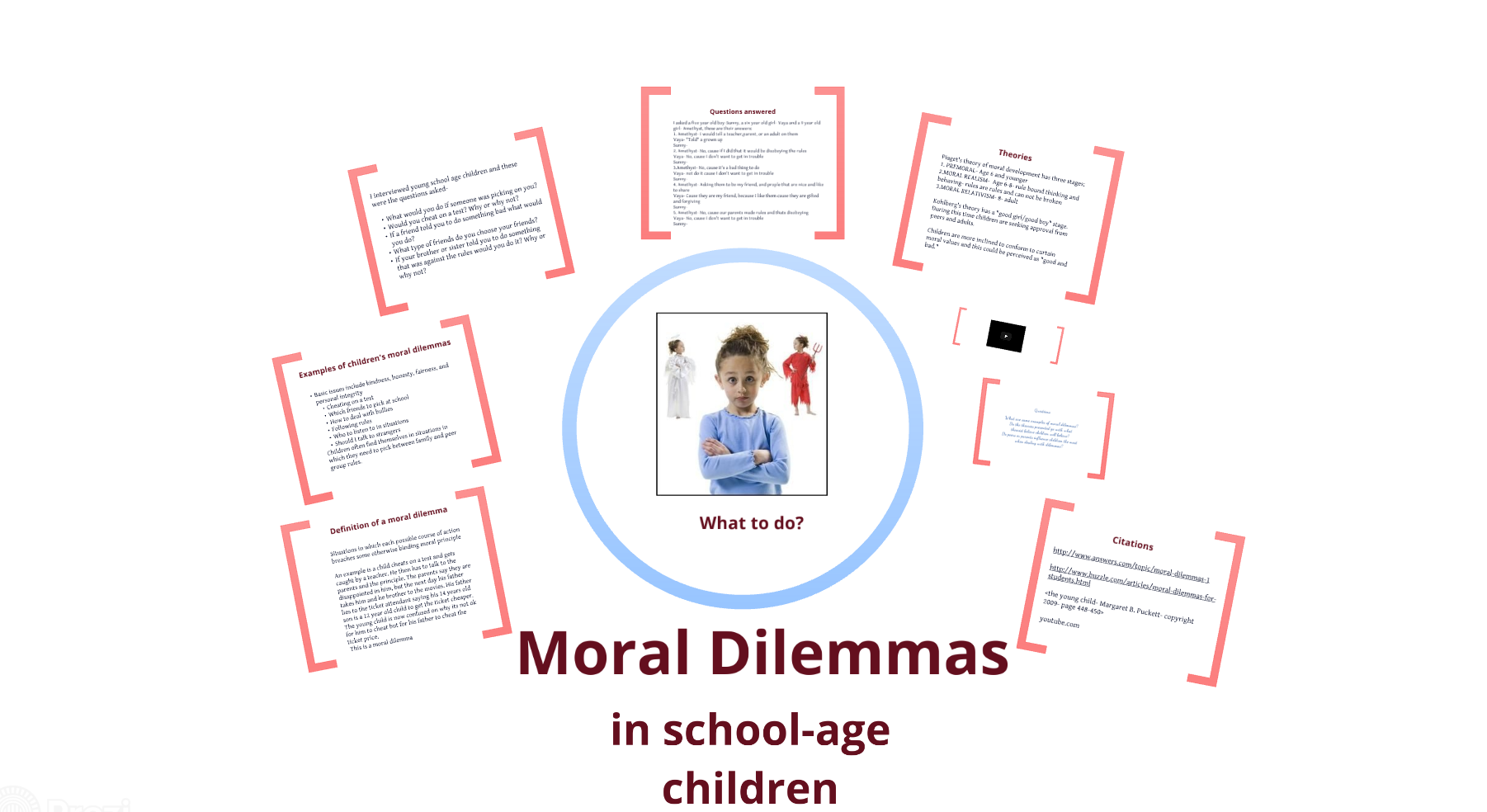
Present ethical dilemmas for students to discuss and debate, encouraging them to consider different perspectives, make informed judgments, and articulate their reasoning. Furthermore, by engaging in this activity, learners will be prompted to consider their very own moral compass and hopefully be more inclined to act in an ethical manner.
Learn More: Prezi
12. Creative Writing Prompts
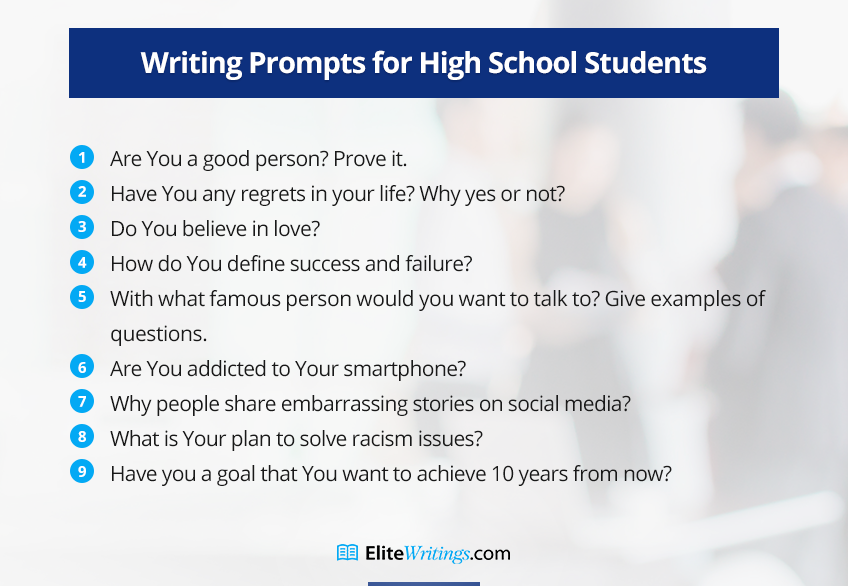
Here’s a cognitive activity that’s perfect for integration into your next English class! Provide creative writing prompts that challenge students to think imaginatively, develop complex storylines, and craft compelling narratives, promoting creative thinking and storytelling skills.
Learn More: Elite Writings
13. Problem-Based Learning
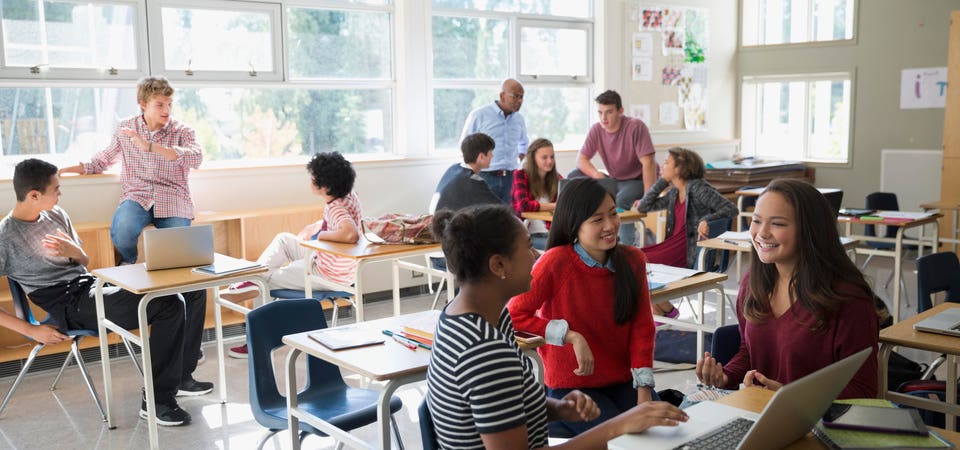
Implement problem-based learning activities that present authentic, open-ended problems for students to solve collaboratively, allowing them to develop critical thinking, problem-solving, and teamwork skills.
Learn More: Forbes
14. Virtual Simulations
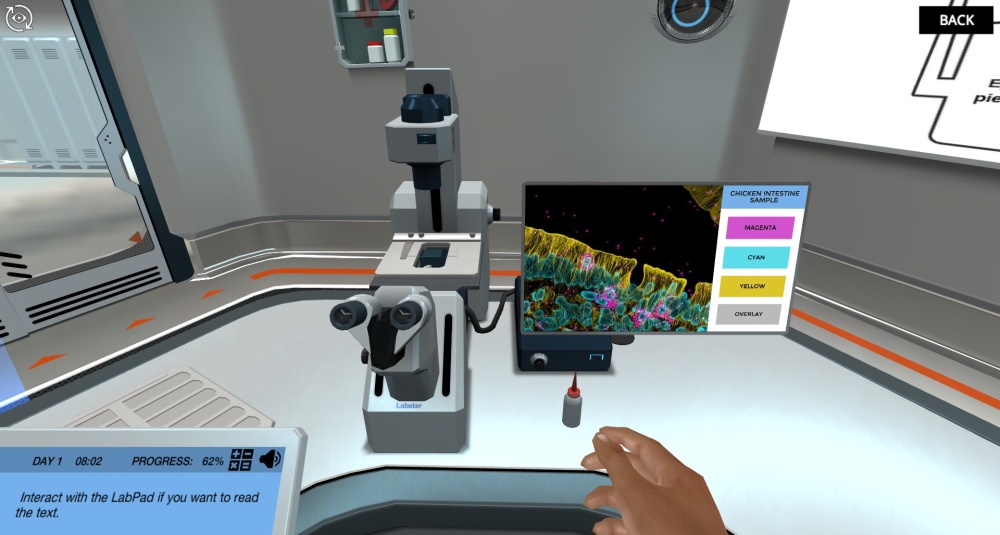
This activity is perfect for learners who are more technologically inclined and enjoy working online. Utilize virtual simulations or educational games that immerse students in simulated real-world scenarios, enabling them to apply critical thinking and problem-solving skills in a virtual environment.
Learn More: Labster
15. Philosophy Discussions

Engage your students in philosophical discussions by exploring thought-provoking questions, encouraging them to analyze and evaluate different philosophical perspectives.
Learn More: Teaching Times
16. Literature Analysis
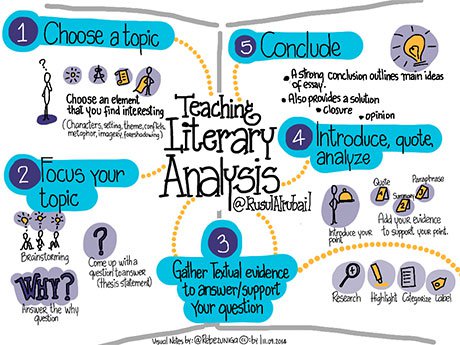
Assign literature analysis tasks that require students to critically analyze and interpret literary works, examining themes, symbolism, character development, and authorial intent.
Learn More: Edutopia
17. Coding Challenges
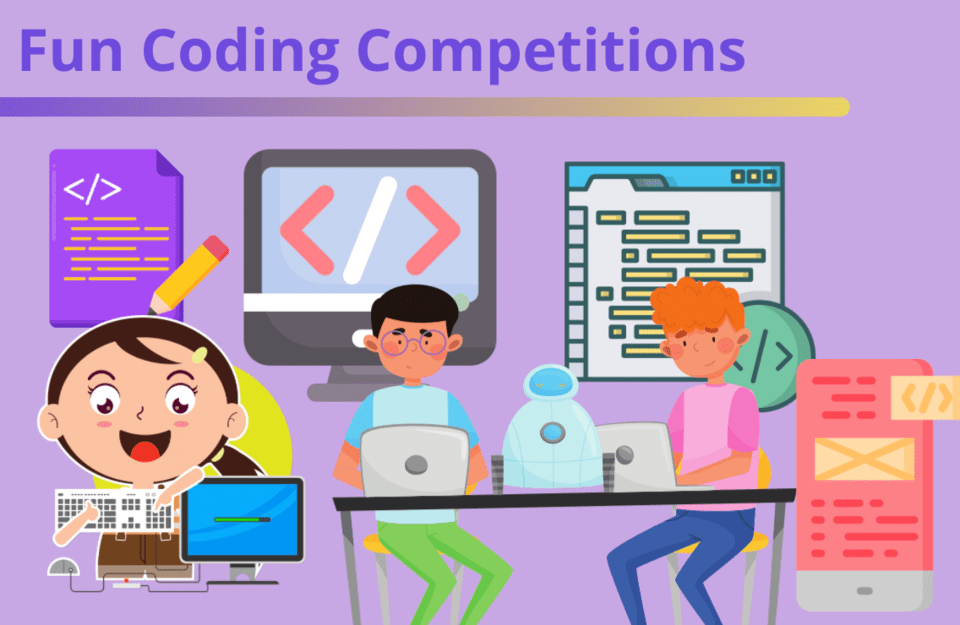
Calling all coding boffins! Introduce coding challenges that require students to think logically, problem-solve, and debug code, fostering computational thinking and algorithmic reasoning skills.
Learn More: Create & Learn
18. Historical Simulations
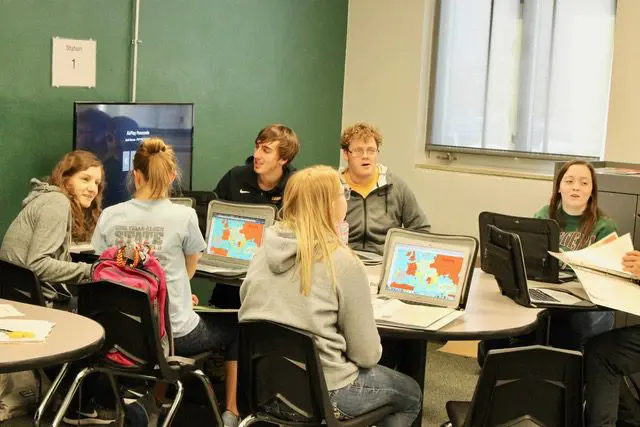
Engage students in historical simulations that recreate historical events or periods, allowing them to analyze multiple perspectives and understand the complexity of historical contexts.
Learn More: History Simulation
19. Media Literacy Analysis
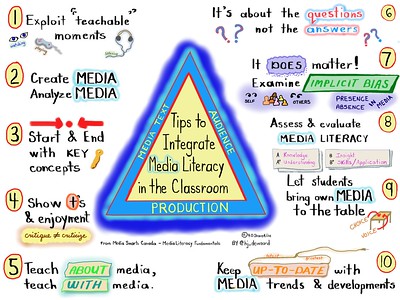
Guide students in critically analyzing media content; helping them understand biases, evaluate sources, and develop critical media literacy skills. They can explore media texts such as advertisements, news articles, or films.
Learn More: Study.com
20. Problem-Solving through Robotics

Integrate robotics activities into Engineering spheres and have your learners design and program robots to solve specific challenges; promoting critical thinking, problem-solving, and computational skills.
Learn More: The Edvocate
21. Philosophical Debates
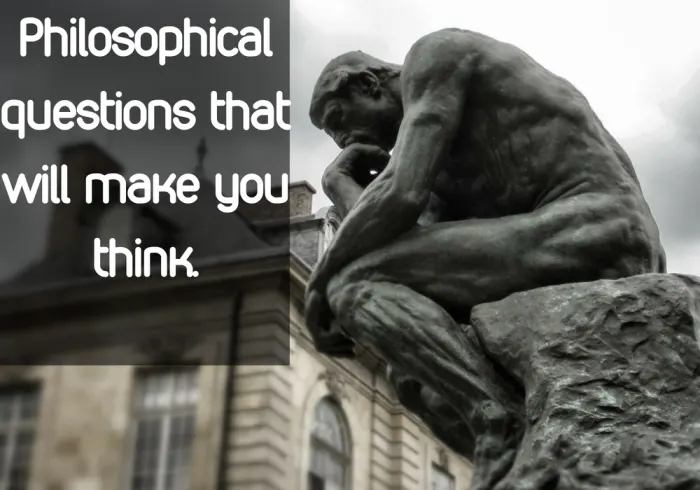
Philosophy is one of the time-honored subjects in the debating realm! So, why not organize philosophical debates where students engage in thought-provoking discussions on philosophical concepts and ethical dilemmas?
Learn More: Owlcation
22. Collaborative Research Presentations

Assign group research projects where students collaborate to research, analyze data, and create presentations, developing their critical thinking, teamwork, and presentation skills.
Learn More: Granite State College